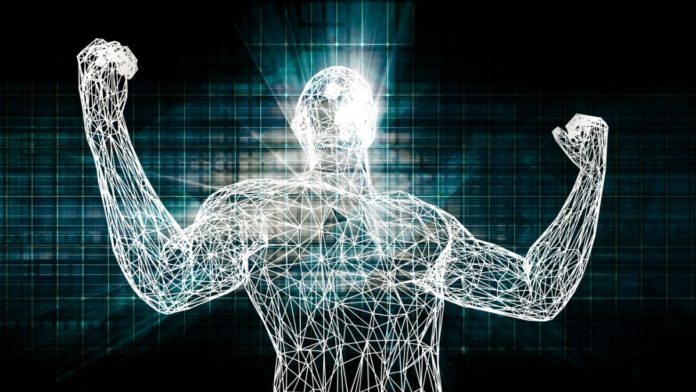
HR is being challenged to adapt and stay relevant as new technologies emerge, according to a recent study by the Academy to Innovate HR. In the past, HR has been “accused of being slow to adopt new solutions,” the organization observed. However, it believes HR has an opportunity to use new technologies to its benefit not only for everyday functions, but also to remain relevant in the workplace.
The study highlighted four technological advances that it believes will influence HR by 2030: applied AI and machine learning, alternate virtual realities and immersive experiences, distributed infrastructure and Web 3.0, and the Internet of Things and 5G mobile technology.
More Uses from AI
AIHR expects that between today and 2030, HR professionals will use AI for more activities, including learning and development, compensation and rewards, talent acquisition, turnover and DEI. As a result, HR teams should start integrating reputable AI solutions for high-volume processes and repetitive work, the report said.
In addition, with the rise of generative AI solutions — like ChatGPT — AIHR said it’s “essential that the right governance and review systems are put in place to ensure that these tools are used ethically and in line with the ever-developing regulatory landscape.”
Metaverse and Virtual Reality
Despite barriers to entry, AIHR believes virtual reality will be “the next big thing” in learning for businesses. Issues challenging the technology are beginning to resolve, it said, and companies like Walmart, Boeing and UPS are using VR for training and education.
To begin experimenting with virtual and augmented reality, AIHR suggests organizations start shifting events to the metaverse. In addition, organizations and HR teams should update their policies to ensure VR experiences align with their values.
Web 3.0 and Blockchain
Web 3.0 will help HR take advantage of verification and transactional services through Blockchain, AIHR said. In addition, it will create new ways to interact with employees and deliver services. So, AIHR suggests that HR professionals keep up to date on new developments in Web 3.0 technology so that they can implement it within their organization.
In terms of Blockchain, “a number of companies, from Persol Career Co. to IBM, are “already adopting Blockchain for HR and numerous investments made by platforms such as Workday. Web 3.0,” the report said. “[T]he expansion of blockchain-based digital economies [has] also started to alter the way of work, with the ‘passion economy’ becoming more mainstream.”
IoT Promoted Employee Experience
AIHR believes IoT will impact HR data, software and hardware. It said IoT could lead to a more integrated employee experience with HR and will also allow organizations to provide HR services anytime, anywhere and on any device. “At a practical level, IoT will unlock the potential of truly flexible and remote work,” the organization said. “Only through IoT can employees have an immersive and inclusive experience of the organization regardless of where they are based.”
AIHR also proposed incorporating different media into HR solutions to create a more seamless experience in processes such as recruitment and learning.
Image: iStock













